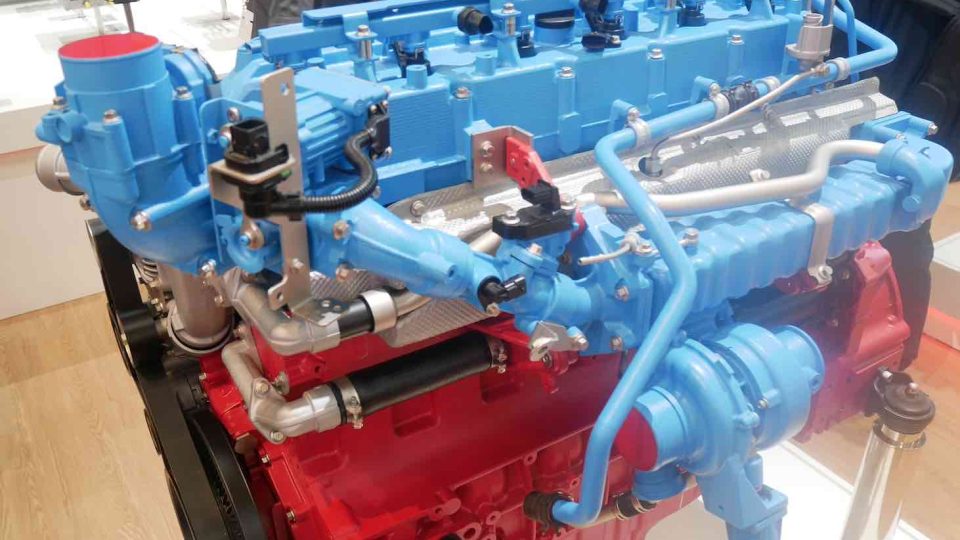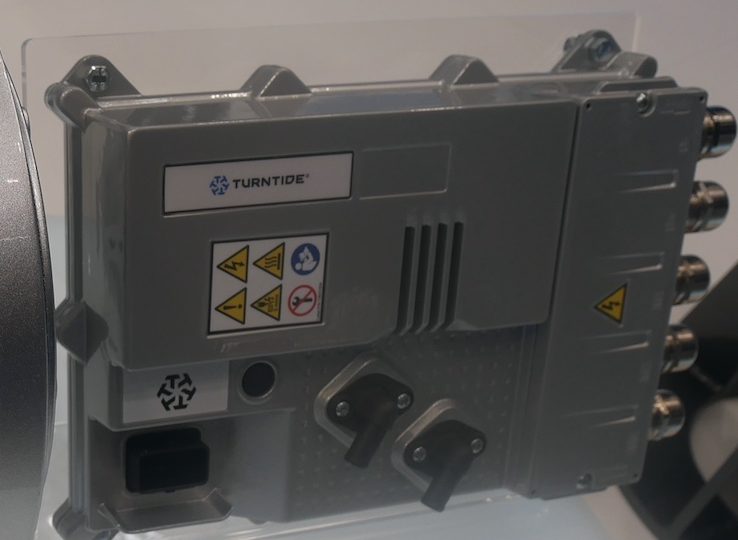The Lhyfe and Flexens’ BOxHy project receives the UN Ocean Decade endorsement
The BOxHy project has been endorsed under the United Nations Decade of Ocean Science for Sustainable Development 2021-2030. This unique project is a tripartite collaboration between Flexens, a leader in the development of hydrogen projects, Lhyfe, and the Stockholm University.

Marking a significant milestone in the fight for the reoxygenation of the oceans, the Baltic Sea Oxygenation and the Super-Green Hydrogen Economy project, affectionately known as “BOxHy,” has been endorsed under the United Nations Decade of Ocean Science for Sustainable Development 2021-2030. This unique project is a groundbreaking tripartite collaboration, with each partner contributing their expertise to advance it – Flexens, a leader in the development of hydrogen projects with a strong regional focus; Lhyfe, a global front-runner in the onshore and offshore production of green and renewable hydrogen for mobility and industry, whose founding ambition is to reoxygenate the oceans through its offshore activities; and the Department of Ecology, Environment, and Plant Sciences (DEEP) at Stockholm University, with expertise in marine ecology monitoring and a focus on both fundamental and applied Baltic Sea research.
BOxHy stands at the forefront of efforts to address the critical issue of anoxia in the Baltic Sea, a condition characterised by a complete absence of oxygen that threatens marine life and ecosystem health.
All around the world, the oceans have been losing oxygen since the 1950s. The number of coastal sites with oxygen concentrations too low to support marine life has risen from 10 in 1960 to over 900 in 2018. This loss is directly linked to human activity – namely, water pollution and, increasingly, global warming. These changes in oxygen concentrations have a destructive impact on the ocean, its fauna and flora, but they also affect us humans, because this phenomenon has an impact on the millions of jobs associated with coastal waters, and on the protein supply of more than 3 billion people.
By adapting existing technologies to oxygenate the sea, the project aims to restore aquatic vitality and explore the potential for sector coupling with green hydrogen production, offering a sustainable model for environmental restoration and economic development.
The project’s main objective is to contribute to tackling the problem of “anoxia” (the complete lack of oxygen in the marine environment) in the Baltic Sea by injecting oxygen into the sea via offshore hydrogen production using water electrolysis, an adapted and existing technology.
“Receiving the UN Ocean Decade endorsement is a monumental achievement for BOxHy. It validates our commitment to sustainable ocean governance and propels us to foster global collaboration and innovation for the ocean’s health. The endorsement is an excellent opportunity to highlight the project’s significance and alignment with the United Nations’ goals for sustainable ocean management and to invite the scientific, institutional and industrial spheres to the speed up research and implement solutions regarding the need to reoxygenate the ocean”, says Consortium coordinator Szilvia Haide, from Flexens.
Consortium member Matthieu Guesné, from Lhyfe, adds: “The ocean deserves all our combined efforts. By creating this Ocean Decade, the United Nations has helped to put the spotlight on this major issue. We are proud that it has endorsed our BOxHy project in this framework. At the same time, we are continuing our work to make offshore hydrogen production a reality by 2026.”









